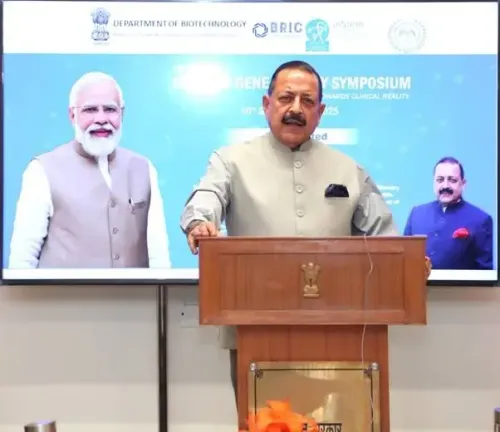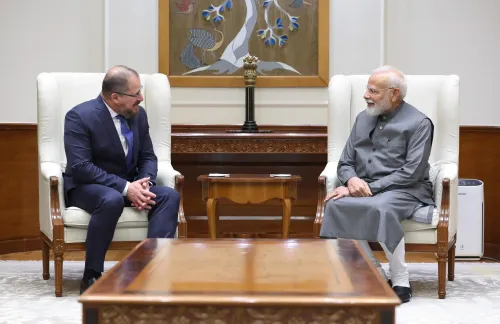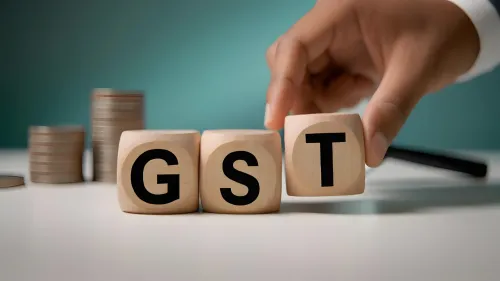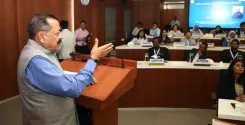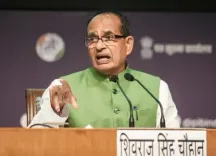South Korean Economy Faces Heightened Risks Amid Construction Downturn and Trade Tariffs
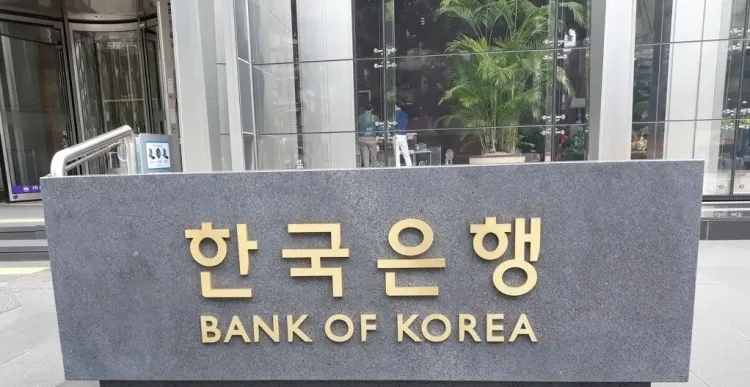
Synopsis
Key Takeaways
- South Korea is experiencing increasing economic risks.
- The construction sector is in a prolonged slump.
- Export conditions are worsening amid trade war fears.
- The Korea Development Institute has noted these risks for three months.
- The Bank of Korea has cut interest rates to stimulate growth.
Seoul, March 10 (NationPress) The economy of South Korea is encountering growing downside risks stemming from a persistent downturn in the construction industry and deteriorating export conditions amid rising fears of a global trade war, as indicated by a government-affiliated economic research institute on Monday.
According to the Korea Development Institute (KDI) in its latest monthly economic evaluation, "Recently, the domestic economy has exhibited signs of escalating downside risks due to sluggish construction and declining export conditions."
This marks the third consecutive month that the KDI has reported downside risks, as per Yonhap news agency.
Although the effects of political instability have somewhat diminished, unfavorable external conditions continue to burden the nation’s export-reliant economy, the KDI noted.
The think tank highlighted that indicators of consumer and business sentiment suggest the economy is slowly recovering from the disruption caused by President Yoon Suk Yeol’s brief declaration of martial law in December.
Nevertheless, worries about a global trade war have intensified, especially as U.S. President Donald Trump has ramped up tariff measures against significant trading partners to mitigate America’s trade deficits and pursue broader policy objectives.
Alongside the decline in semiconductor exports, the ongoing underperformance of other exported goods has resulted in a low overall export growth rate, the KDI emphasized.
The institute also noted that while South Korea's manufacturing sector has shown slight improvement, sluggish investment in construction and weak employment figures in the sector remain concerning.
In response, South Korea's central bank recently reduced its benchmark interest rate by a quarter percentage point to stimulate economic growth impacted by domestic political issues and the tariffs implemented by the Trump administration.
The monetary policy committee of the Bank of Korea (BOK) lowered its key rate by 25 basis points to 2.75 percent during a recent rate-setting meeting in Seoul.
This decision followed a month after a rate freeze, which aimed to support the struggling local currency while evaluating the effects of two rate cuts made in October and November.


